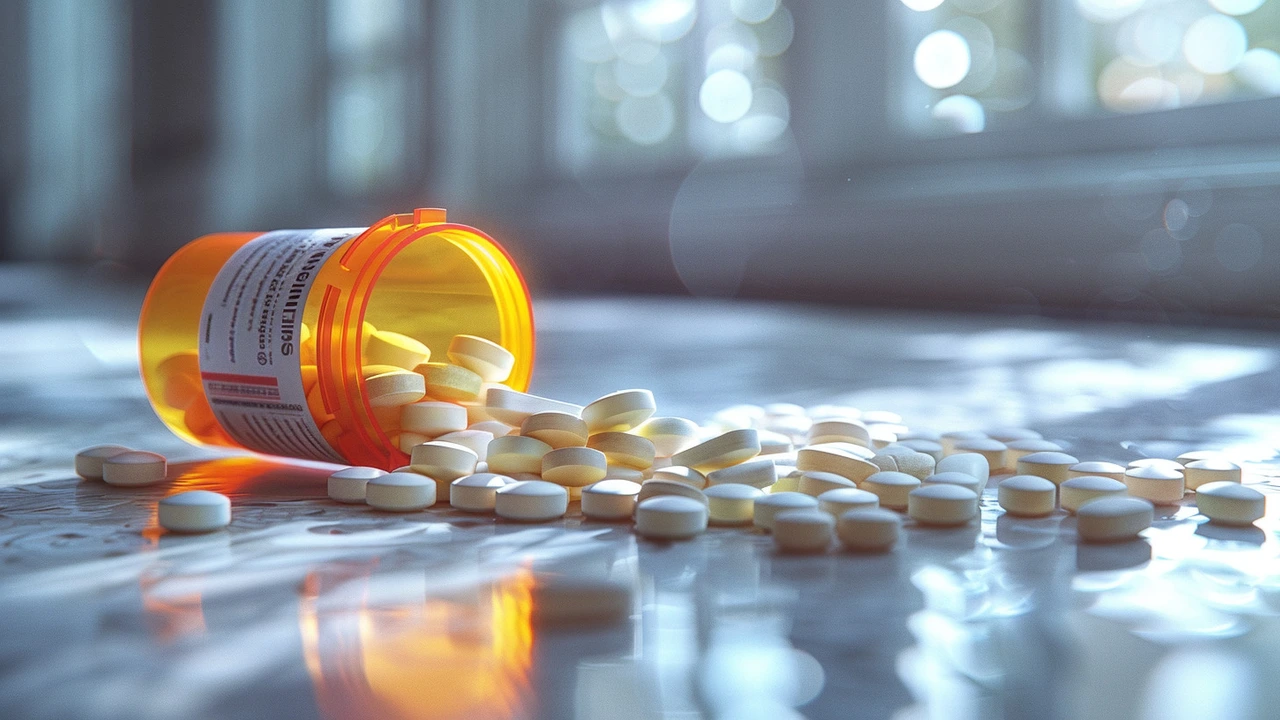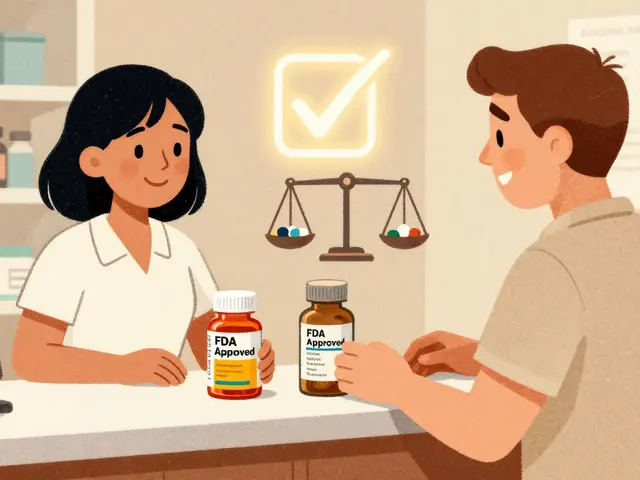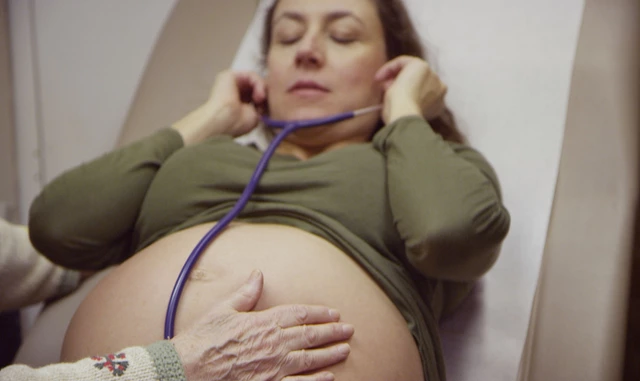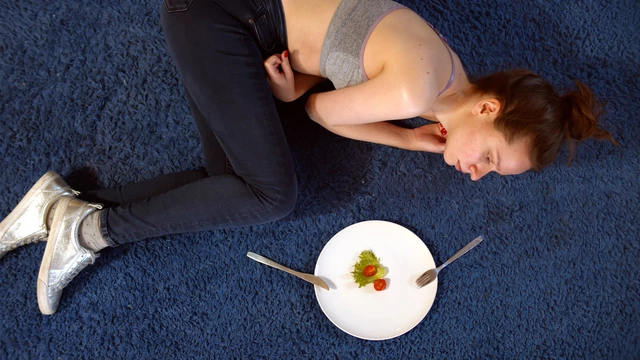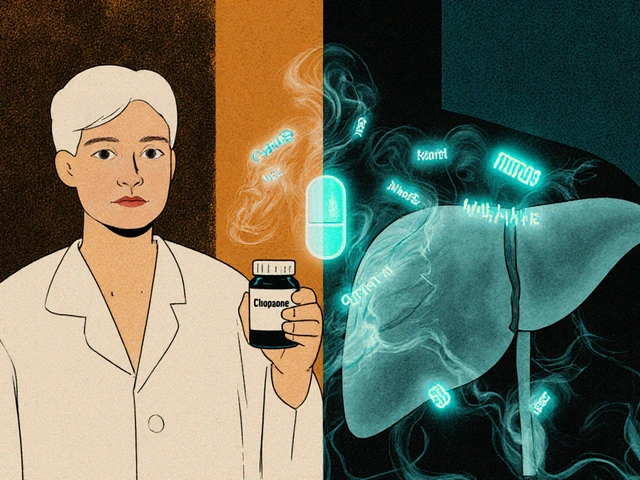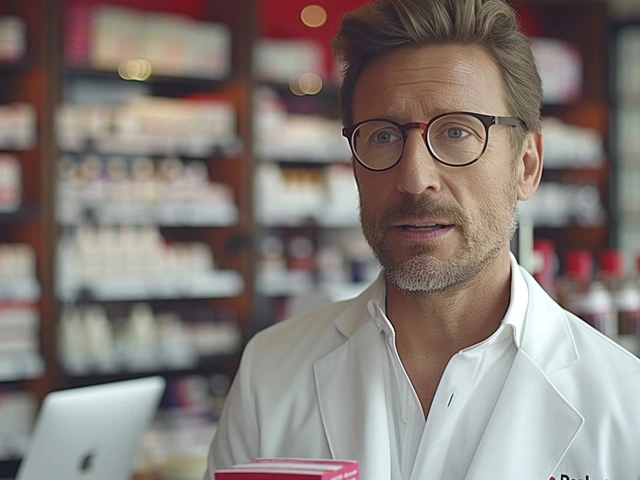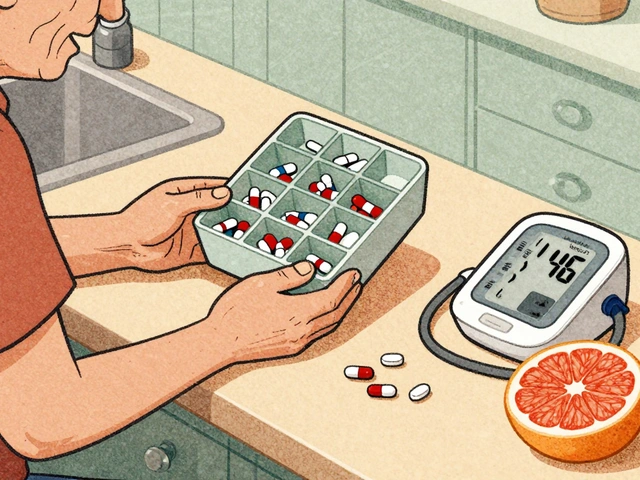Addiction: Signs, Treatment Options, and Safe Medication Advice
Addiction looks different for everyone, but it usually has a few clear signs: strong cravings, losing control over use, and putting the substance or behaviour before work, family or health. If you’re worried about yourself or someone else, the fastest move is to recognise the pattern and act—small steps now prevent bigger problems down the road.
How to spot addiction early
Look for behavior changes that build over weeks or months. Trouble sleeping, secretive actions, missing commitments, financial strain, mood swings, or using more of a substance to get the same effect are red flags. Withdrawal symptoms (sweating, nausea, tremors, anxiety) when stopping are another strong sign of dependence. Write down what you see—dates, amounts, and how life is affected—so you can share clear facts with a doctor or counsellor.
Some medicines that help other conditions can be misused, like prescription stimulants, benzodiazepines, or opioid painkillers. If medication starts to feel like the only way to cope, talk to your prescriber about safer alternatives or close monitoring. Don’t stop or change doses on your own.
Getting help and safe meds online
Treatment can include counselling, support groups, and medicines that reduce cravings or prevent relapse. For opioid dependence, methadone or buprenorphine is commonly used under medical supervision. For alcohol use disorder, options include naltrexone or acamprosate. Nicotine replacement and varenicline help with quitting smoking. A health professional will match the right approach to your needs.
If you need medication as part of treatment, get it through a verified route. Many readers come here looking for safe online options—Medipond includes practical guides and reviews on online pharmacies and prescription rules. When you search for an online pharmacy, check that it requires a prescription, lists a physical address and phone number, uses HTTPS, and has trustworthy reviews. Look for third-party verification like PharmacyChecker or a national regulator listing. If anything feels off—no prescription required, unbelievably low prices, or poor contact info—walk away.
Besides medicine, practical steps you can take today: call a local helpline, set up a medical appointment, or reach out to a support group. If someone is overdosing or in immediate danger, call emergency services right away. For ongoing help, a GP can start medication-assisted treatment or refer you to specialist services and counselling.
Medipond’s addiction tag gathers clear articles you can use right now—from medication guides to safe online pharmacy tips and condition-specific posts. Browse specific posts to learn how particular medicines are used, what risks to watch for, and how to buy legally and safely when a prescription is needed. If you’re unsure, bring what you find here to your healthcare provider and ask for their take—professional advice personalises the safest option for you.
